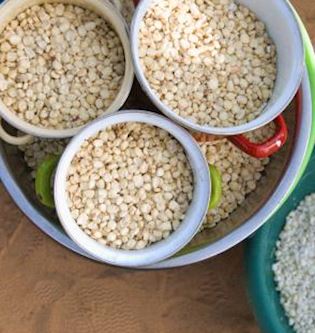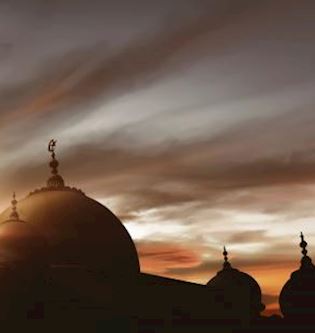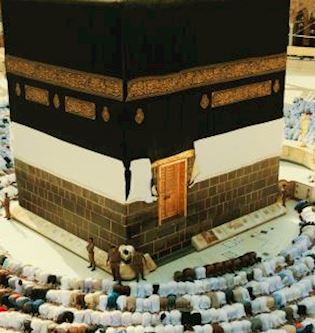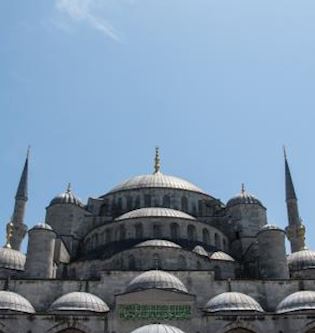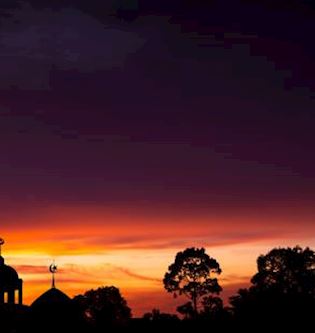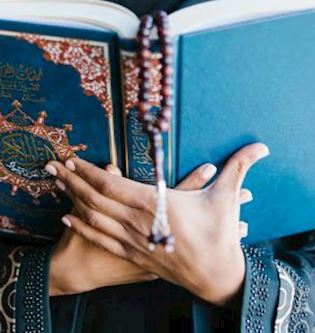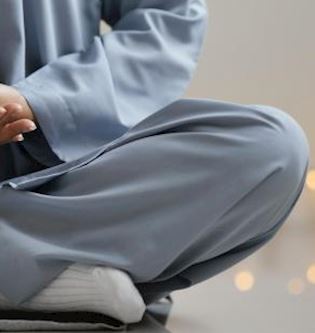What is the significance of Shawwal?
Although we are a quarter way through Shawaal, it's very important to understand its significance as we head toward Dhul Hijjah.
Shawwal marks the end of Ramadan and begins with Eid ul Fitr. It is the 10th month of the Islamic calendar. It is most commonly known for its six sunnah fasts. The six sunnah fasts are extra fasts with immense rewards. It is also a precious time to reflect on and continue the goodness that we have become habituated to in the blessed month of Ramadan.

Retain the Feeling of Connectedness After Eid al Fitr.
With our spirituality revived, we all want to keep hold of that feeling at the end of Ramadan – that closeness to Allah(swt) and continue to do deeds that are beloved to Allah for the entire year.
Allah’s Messenger has said:
“…The most beloved deed to Allah is the most regular and constant even if it were little.”
(Bukhari)
Fasting the six days of Shawwal is considered a 'good deed' that extends the spiritual benefits of Ramadan throughout the year.
What is Shawwal?
Shawwal is the tenth month in the Islamic calendar following the holy month of Ramadan, or month of obligatory fast. Shawwal meaning is rooted from the Arabic verb shāla (شَالَ), which means to 'lift or carry.' And like names in it there is the opportunity to continue carrying great rewards after Ramadan.
When is Shawwal?
Eid Al-Fitr and Shawwal began on the 10th of April, 2024.

The first day of Shawwal is also when Muslims celebrate Eid Al-Fitr. It is one of the two annual festivals of the Islamic calendar. A celebration of the completion of the month of worship and fasts. It is a day of celebration and joy between family and friends.
Eid al Fitr marks the end of striving through Ramadan fasts, but as outlined by the Messenger of Allah (pbuh), Muslims have the opportunity to fast the six days of Shawwal to hold on to the spirit of Ramadan.
What is the significance of the Shawwal moon?
The sighting of the new moon, or the Shawwal crescent moon as it is otherwise called, signifies the end of the holy month of Ramadan and the beginning of Eid al-Fitr and its festivities. Eid al-Fitr lasts for one day; however, fasting is prohibited on the first day of Eid.
“The Prophet (peace and blessings of Allah be upon him) forbade fasting on the day of al-Fitr and al-Nahr.” Bukhari
Is Shawwal part of the Hajj?
Shawwal is the first of three months (before the month of Dhul Hijjah) in the Islamic calendar when some of the acts of Hajj can begin to be performed, such as the Tawaf of Arrival. In other words, hajj season commences in Shawwal, which is otherwise called Ash-hur Al-Hajj or the months of Hajj.
When can you fast the six days of Shawwal voluntary fasts?
The voluntary fasts of the month of Shawwal can begin the day after Eid al Fitr and can be completed at any time throughout the month before the end of Shawwal. So, the 6 days of Shawwal can be any day in Shawwal. The fasting emphasizes its significance and spiritual benefits, making it a highly recommended Sunnah that complements the fasts of Ramadan. The six days of Shawwal are not obligatory fasts but they are wajib because Prophet Muhammad(PBUH) used to do them.

What is the reward of fasting in the month of Shawwal?
The Prophet Muhammad(PBUH) said, “Whoever fasts Ramadaan and follows it with six days of Shawwaal, it will be as if he fasted for a lifetime.” Sahih
This hadith emphasizes the significant rewards of fasting in Shawwal, and encourages us to fast in the month of Shawwal.
What is the importance of Shawwal?
Scholars have considered a sign that a Muslim’s observation of an accepted Ramadan is that they intend to fast the six days of the month of Shawwal. For fasting is for Allah (swt).
The Messenger of Allah (PBUH) said:
“Allah said: ‘Every deed of the son of Adam is for him except fasting; it is for Me and I shall reward for it…’”
(Bukhari)
This encourages us to care about fasting and learn about its virtues. Ramadan obligatory fasts feel like we are getting a new life because fasting is a means of spiritual cleansing. And that is true for fasting in general. So, two months together are an extra push to hold on to doing good deeds and continue the transformative period.
So, every day of Shawwal is a blessing to continue to reflect on the good habits cultivated throughout the month of Ramadan and seek forgiveness for the whole year. Therefore, we should use this month to gather blessings through fasting, reading the holy Qur'an, and making as many prayers as possible.
When does Shawwal end?
Shawwal 2024 ends on 8th May.







